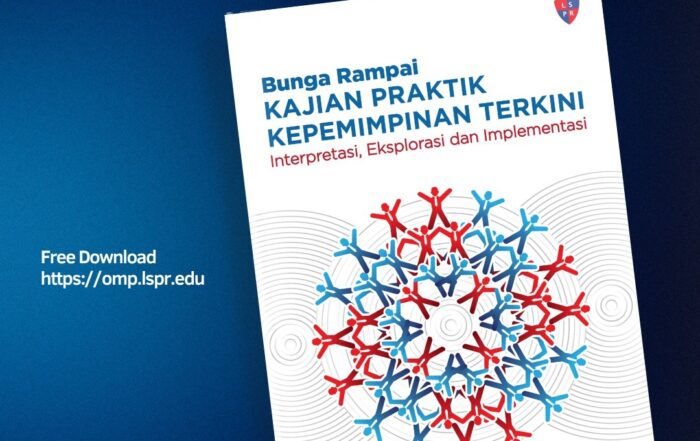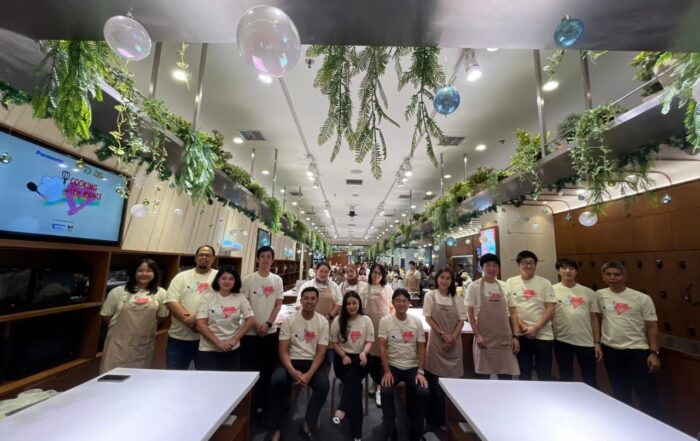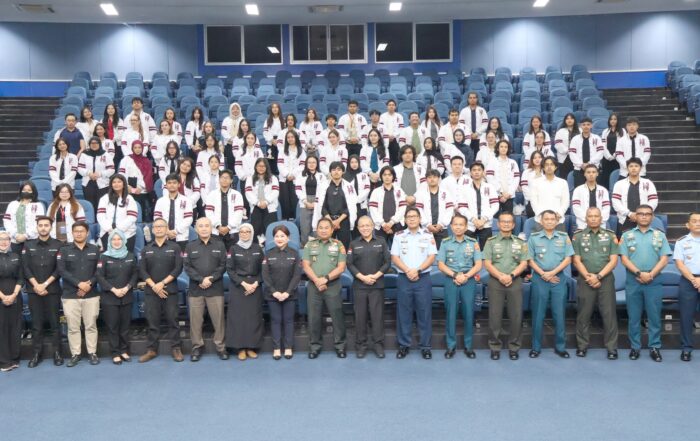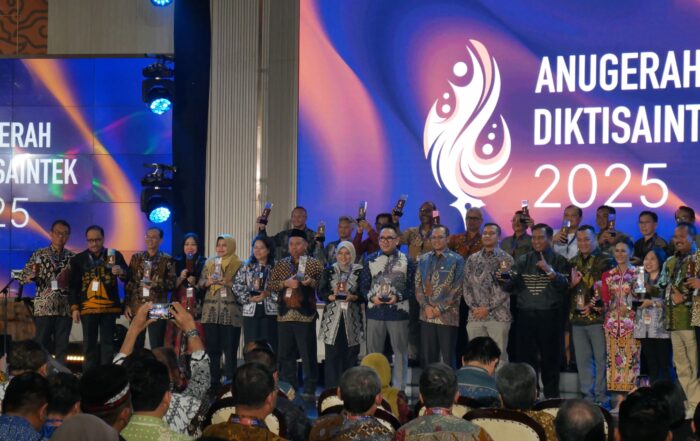

Jakarta – The webinar entitled “Maintaining Mental Health During COVID-19” was held (9/10) at 10.00 to 11.00 WIB through the LSPR Jakarta live Instagram platform with the speaker Prischa Nova, M.Psi as Psychologist & Assistant Lecturer Coordinator at LSBA, and moderator by Rizka Septiana, M.Si, IAPR as Deputy Head of Media Relations at LSPR Communication and Business Institute.

Rizka Septiana, M.Si, IAPR as host and Prischa Nova, M.Psi as speaker
This webinar event was opened by the moderator by presenting various data on mental health topics. Mental health is one of the problems that must be considered during a pandemic because at times like this, many people feel disturbed by their sense of security, thus disturbing both psychological and psychological stability. Mental health can greatly affect physical health because according to WHO, humans are divided into two, which are body and soul. The two are related to each other, which is why there’s a term known as there’s a healthy soul in a healthy body.

Ms Prischa stated that the anxiety response is normal and is needed during these conditions
Ms Prischa stated that the anxiety response is normal and is needed during these conditions in order to remain alert. “However, we must control this anxiety so as not to overdo it,” she said. She also outlined several signs that indicate a person’s mental health is declining. Examples may include having difficulties getting up, eating or disturbances in daily activities. If this happens, it is advisable to seek help from a psychiatrist or psychologist immediately. The public can also contact free counseling services from licensed psychologists through the number 119 extension 8.
Especially for LSPR students, they can contact the Student Guidance Office (SGO) for consultation on family, heart / feelings, and relationship issues. In addition, during the pandemic, students can still do online counseling. In this webinar, the participants also asked various questions to the speaker, such as how to deal with overthinking and insecurities during a pandemic, how to anticipate a declining mental health during a pandemic, how to balance mental health, and many more. (Amira)













